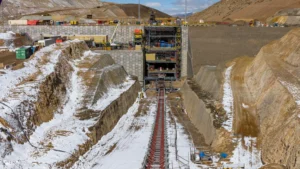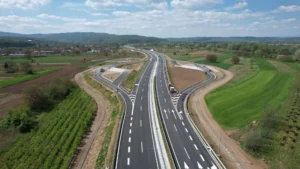
United States
Battery Customer
Innovative Battery Manufacturing Facilities Construction management consultancy for building innovative battery manufacturing facilities in the United States. Bechtel is at the forefront of constructing innovative battery manufacturing facilities in the U.S. Our expert team ensures compliance with local codes and…
Read More























